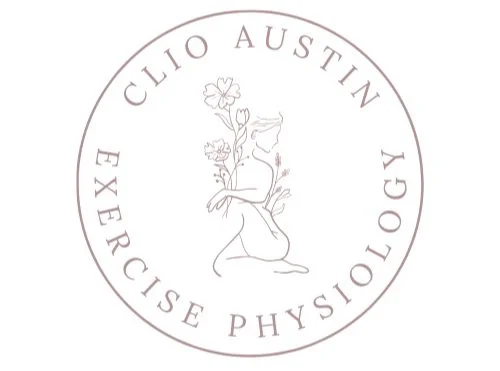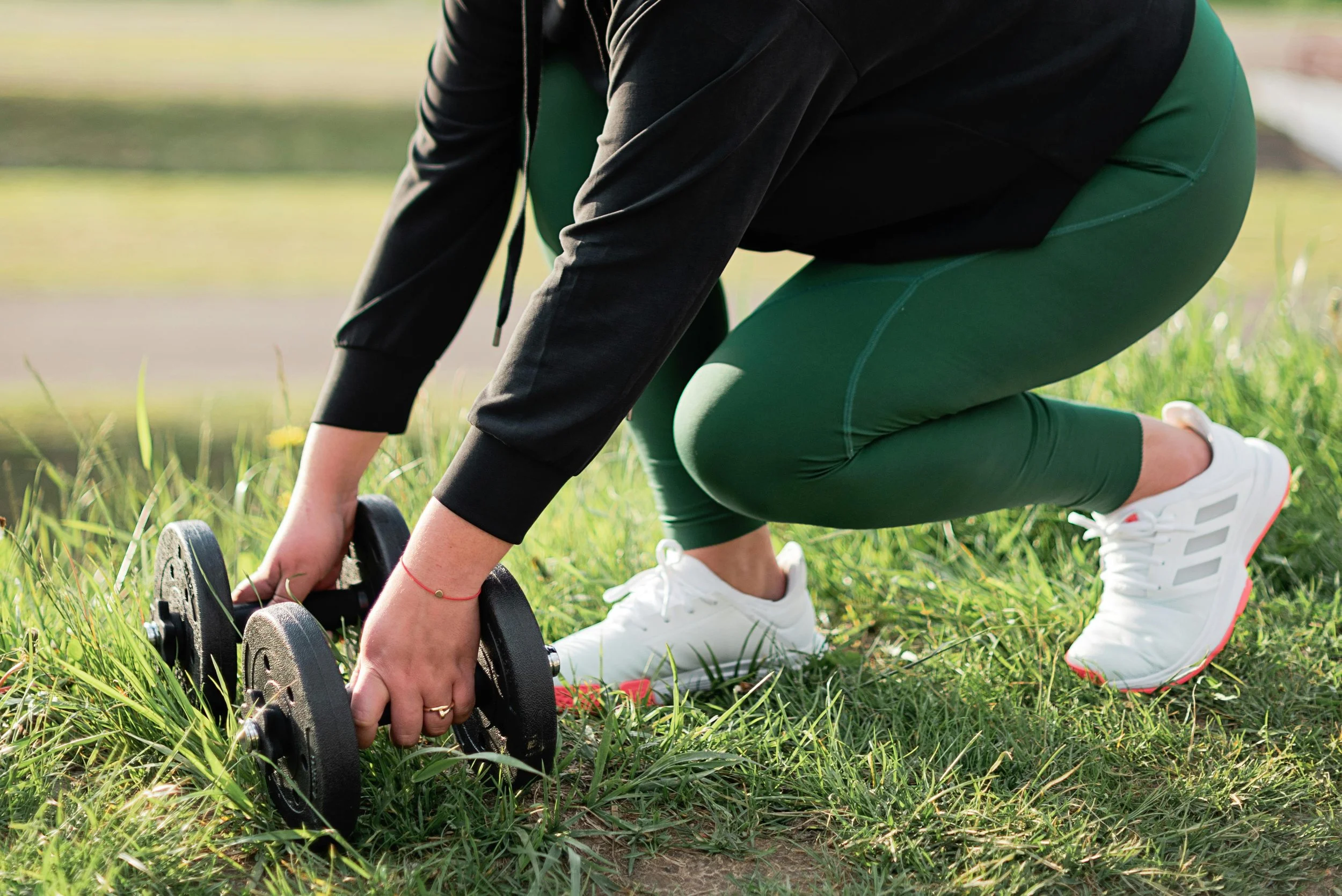My Top Exercise Recommendations for Women Navigating Perimenopause
Perimenopause is a natural phase of life, but the changes it brings can feel daunting. Fluctuating hormones, weight gain, a decline in bone density, and energy shifts are all part of the ride. The good news? The right exercise routine can make a world of difference, helping you feel strong, empowered, and in control.
Let's explore some of the most effective exercises for women navigating perimenopause and why they matter.
Higher Intensity Training Balanced with Rest
Why it works
Higher-intensity workouts, like interval training, can be a game-changer for women during perimenopause. These sessions get your heart pumping and trigger feel-good endorphins while burning calories efficiently.
Benefits:
Improves Cardiovascular Health: Heart health is especially important as hormone changes can impact cholesterol levels. Intense bursts of movement keep things in check.
Boosts Mood: Say goodbye to mid-afternoon slumps and hello to endorphins. These natural mood elevators are powerful for combating stress and anxiety.
Manages Weight Fluctuations: Perimenopause often brings weight shifts. These workouts help you maintain a healthy weight without spending hours at the gym.
How to incorporate it
Try 20-30 minutes of High-Intensity Interval Training (HIIT) a couple of times a week. Think short bursts of running, cycling, or bodyweight exercises followed by rest, for example 20- 30 seconds all out followed by 1.5-4 minutes recovery. And don't forget to listen to your body and give it ample recovery time between sessions.
Lower Rep Resistance Training
Why it works
Perimenopause accelerates muscle loss and weakens bones due to declining oestrogen. Resistance training is one of the best ways to counter this, helping you build strength and boost your metabolism.
Benefits:
Builds and Maintains Muscle Mass: Maintain strength and keep your body composition in check as hormonal changes accelerate muscle decline.
Strengthens Bones: Weightlifting encourages bone density, reducing the risk of osteoporosis.
Enhances Metabolism: By increasing lean muscle, you'll burn more calories even at rest.
How to incorporate it
Focus on weightlifting with heavier weights and lower reps (e.g., 3-6 reps per set). Compound movements like squats, deadlifts, and bench presses are highly effective. Aim for two to three sessions per week, targeting different muscle groups. If you're new to resistance training, consider working with a trainer to learn the correct form and get your confidence up.
Fuel Your Fitness With Protein
Why it works
Exercise and nutrition go hand in hand, particularly during perimenopause. Ensuring your body gets enough protein is vital to support muscle repair and growth, stabilise energy levels, and promote hormone production.
Benefits:
Supports Muscle Repair and Growth: Keep your muscles strong and resilient while combating the natural muscle breakdown that occurs during this life stage.
Aids Hormone Production: Protein-rich foods contain amino acids that assist in hormone regulation. Looking at you, oestrogen!
Stabilises Energy Levels: Protein helps avoid energy crashes by keeping blood sugar levels more stable.
How to incorporate it
Include high-quality protein sources in every meal, such as lean meats, fish, eggs, tofu, and legumes. Aim for around 1.2–2 grams of protein per kilogram of body weight daily, adjusting based on your activity level. Combine this with post-workout snacks like a protein smoothie or yogurt to maximise recovery.
Other Considerations
While exercise is critical, finding balance is just as important. Overtraining can lead to burnout and exacerbate stress, so prioritise rest and recovery along with your workouts.
Yoga, stretching, and mindfulness practices can complement the above exercises, enabling you to relax your mind and body while improving flexibility and joint health.
Perimenopause doesn’t have to feel like a daunting transition. With the right approach to fitness, you can take charge of your body and mind. Resistance training, high-intensity workouts, and a well-rounded diet filled with adequate protein will help you build strength, energy, and resilience.
If you’ve been putting off building a routine, there’s no better time to start. Lace up your trainers, grab some weights, and fuel yourself well.
Need help getting started?
If you're not sure where to begin, send me an email or DM me on Instagram for personalised guidance on how to kick off your fitness routine safely and effectively. Let's work together to help you feel empowered and strong!

